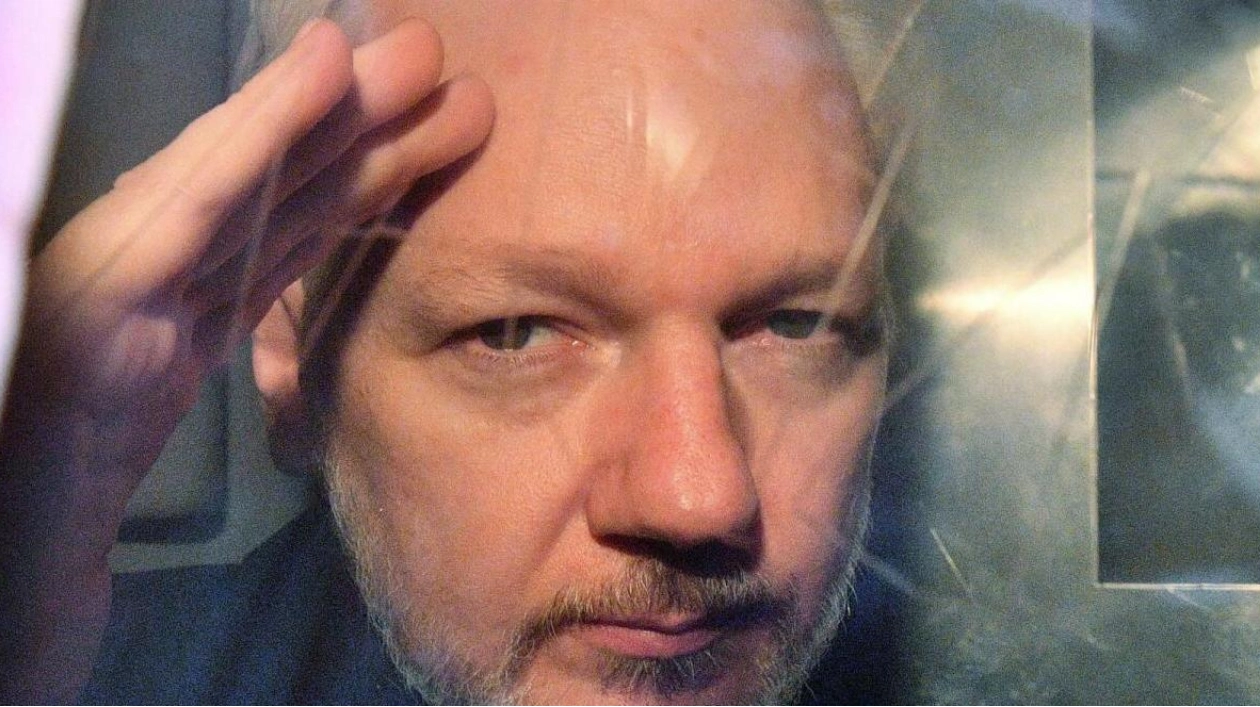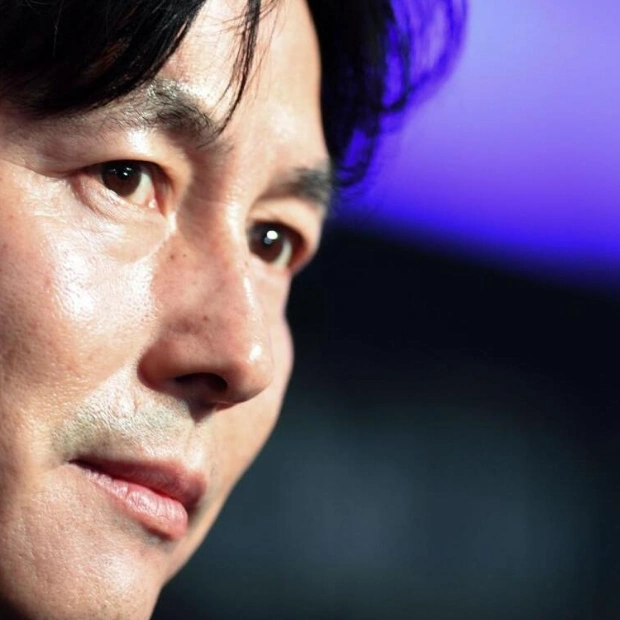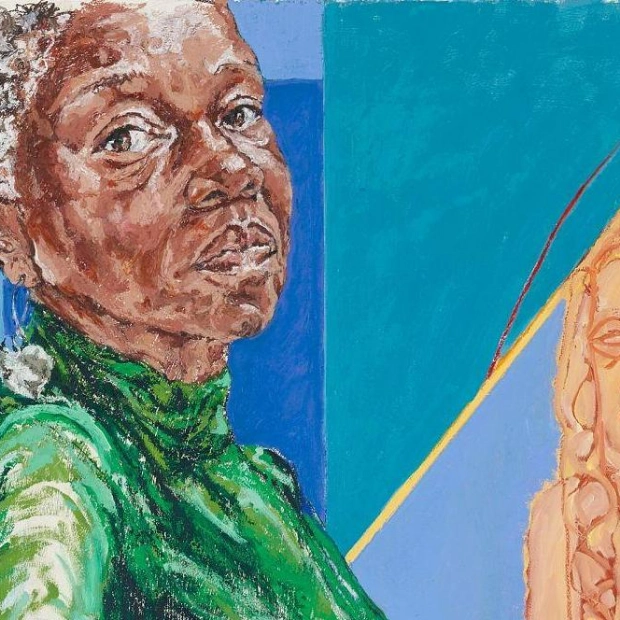Controversial WikiLeaks founder Julian Assange is set to break his post-prison silence with an address to the Council of Europe next week, according to his organization. WikiLeaks announced on Wednesday that the 53-year-old will travel from his native Australia to Strasbourg on October 1 to testify before a parliamentary legal committee investigating his case.
Assange spent the majority of the last 14 years either hiding in the Ecuadoran embassy in London to evade arrest or incarcerated at Belmarsh Prison. He was released from the British prison in June after serving a sentence for publishing hundreds of thousands of confidential US government documents. These documents included candid US State Department assessments of foreign leaders, accounts of extrajudicial killings, and intelligence gathering against allies.
Since his return to Australia, Assange has not publicly commented on his legal troubles or his time in prison. He has been seen sporadically, appearing in court in the Marianas Islands, reuniting with his wife at a Canberra airport, and spending time with his family on a quiet beach in Australia. "Julian Assange is still in recovery following his release from prison," WikiLeaks stated on Wednesday, noting his attendance at the Council of Europe session "in person due to the exceptional nature of the invitation."
It was anticipated that Assange would eventually break his silence, according to Matthew Ricketson, a communications professor at Deakin University. "He's an inveterate limelight-seeker," Ricketson told AFP. "It was only a matter of time before he put up his head again to speak publicly on issues that are of importance to him." However, the timing and his choice of venue have left some puzzled. The Council of Europe, an international organization comprising the 46 signatory states of the European Convention on Human Rights, has little influence over Assange's legal fate.
Some legal experts believe Assange's appearance could jeopardize his bid for a US presidential pardon. "He'll inevitably be critical of the US government on some level and I can't see that as something that is going to be considered helpful," Holly Cullen, a law professor at the University of Western Australia, told AFP. "Even if he personally thinks that he doesn't care, his legal advisers would say 'maybe you need to be a bit more restrained until the pardon issue is resolved.'" Chelsea Manning, the army intelligence analyst who leaked the documents to Assange, had her 35-year sentence commuted by then-president Barack Obama in 2017. However, Assange's case remains highly contentious.
Supporters view him as a champion of free speech and investigative journalism, arguing that he was persecuted by authorities and unfairly imprisoned. Critics, on the other hand, see him as a reckless blogger whose decision to publish ultra-sensitive documents uncensored put lives at risk and fundamentally jeopardized US security. President Joe Biden, who is likely to issue a slew of pardons before leaving office next January, has previously described Assange as a "terrorist."






